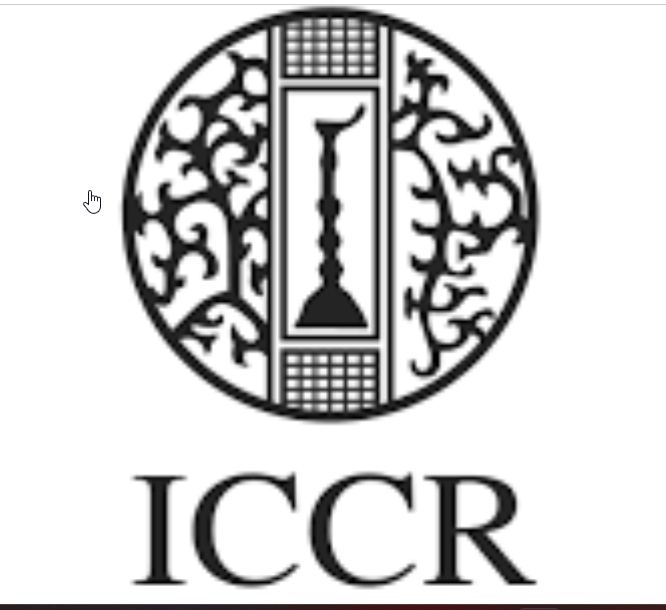Indian Council for Cultural Relations
The Indian Council for Cultural Relations (ICCR) is an autonomous organisation of the Government of India, involved in India’s external cultural relations, through cultural exchange with other countries and their peoples. It was founded on 9 April 1950 by Maulana Abul Kalam Azad, the first Education Minister of independent India.
Purpose
The ICCR’s objectives are to actively participate in the formulation and implementation of policies and programmes pertaining to India’s external cultural relations; to foster and strengthen cultural relations and mutual understanding between India and other countries; to promote cultural exchanges with other countries and peoples; and to develop relations with nations.
Activities
The ICCR organises a spectrum of cultural activities within India and abroad. These include:
- Cultural Exchanges: The ICCR sponsors visits of Indian cultural troupes overseas and brings visiting troupes from abroad to India.
- Exhibitions: The ICCR organises exhibitions of Indian art, photographs, books, handicrafts, etc. in other countries and also sponsors similar exhibitions of other countries in India.
- Seminars and Symposia: The ICCR organises and supports seminars, symposia, and conferences on subjects related to the arts, culture, and civilisation of India both in India and abroad.
- Distinguished Visitors Programme: Under this programme, the ICCR invites eminent personalities from abroad to visit India and interact with their Indian counterparts.
- Chairs of Indian Studies Abroad: The ICCR has established Chairs of Indian Studies in various foreign universities to promote Indian studies abroad.
- Scholarship Schemes: The ICCR offers scholarships to foreign students for studying Indian dance, music, art, culture, and languages in India.
Centres and Regional Offices
The ICCR has its headquarters in New Delhi and operates through a network of regional offices within India and cultural centres abroad. Currently, it has 38 cultural centres across the globe, including in London, Berlin, Jakarta, Colombo, and Johannesburg. These centres serve as a window to Indian culture in foreign countries.
Publications
The ICCR brings out several publications in English, Hindi, and other languages to promote Indian art and culture. Some of its notable publications include ‘Africa Quarterly’, ‘Indian Horizons’, ‘Gagananchal’ (Hindi), and ‘Rencontre Avec L’Inde’ (French).
Awards
The ICCR annually confers the ‘Distinguished Indologist Award’ on a foreign scholar for their outstanding contribution to the study, research, and propagation of Indian culture and heritage. It also presents the ‘World Sanskrit Award’ for outstanding contribution to Sanskrit studies abroad.
Collaborations
The ICCR collaborates with several national and international organisations for cultural activities. These include UNESCO, the Indian Institute of Advanced Study, the Lalit Kala Akademi, the Sangeet Natak Akademi, and various universities in India and abroad.


